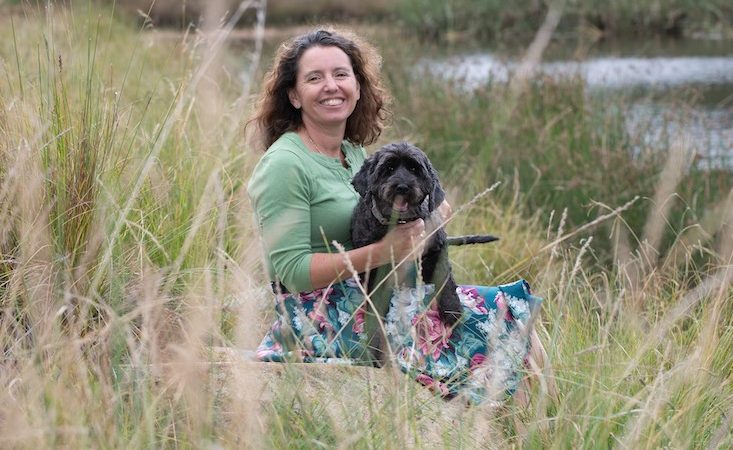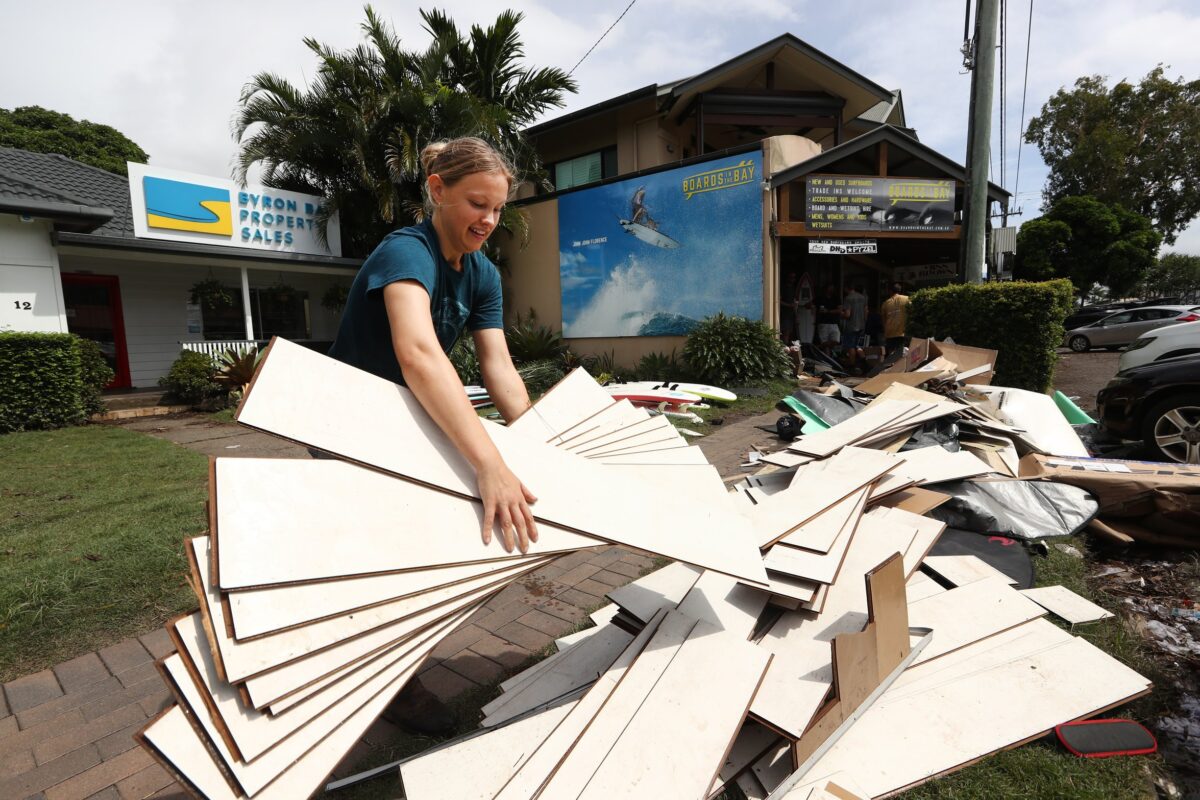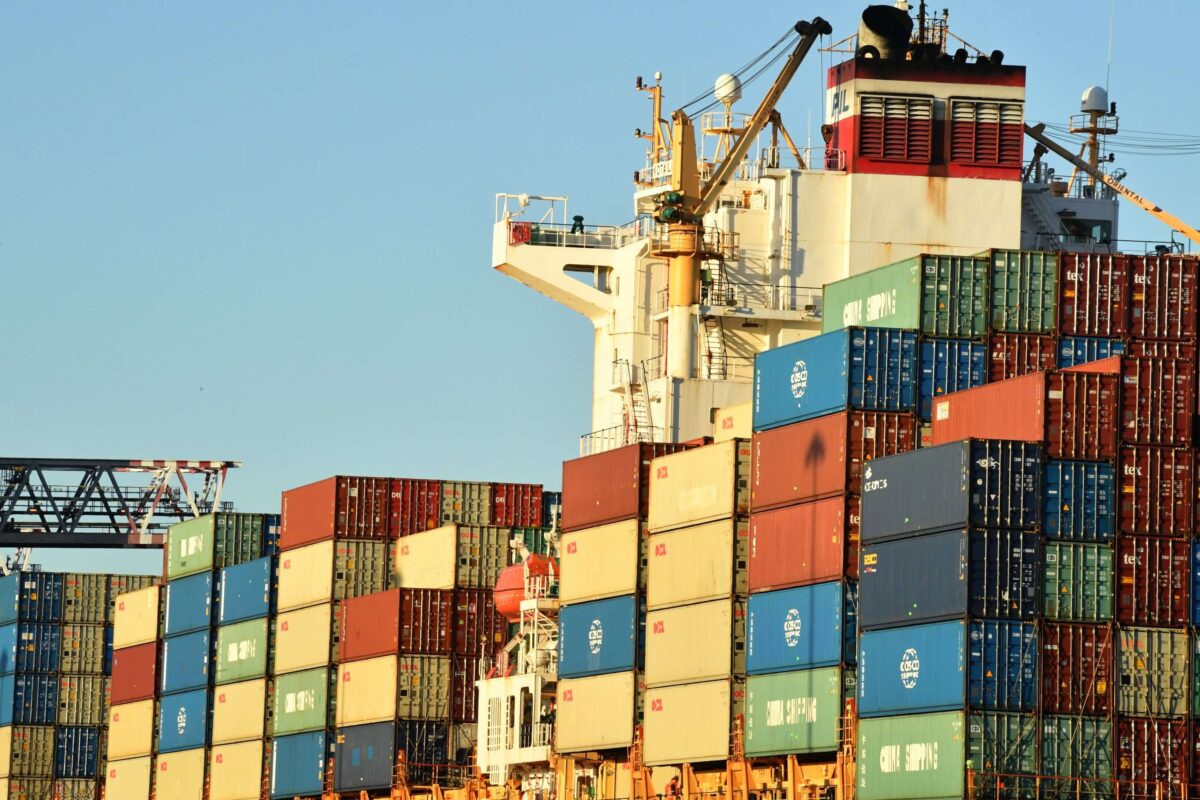
THE frizzy hair, the empathetic tone, the societal wisdom, capped off with wearing a touch of the party’s ideological colour fits the snapshot of a Greens mover and shaker taking her seat in the Legislative Assembly.
But this accidental political mastermind is unmistakably a political novice, despite emerging from the October ACT election as Minister for Environment and Heritage, Minister for Homelessness and Housing Services, and Minister for Sustainable Building and Construction.
Rebecca Vassarotti had once been as partisan as a toss of a coin.
Her life’s work for more years than the 48-year-old can remember was nothing but the community sector, advocating to improve local human services.
The outcomes for vulnerable Canberrans on homelessness and affordable housing, dementia and hepatitis, drug and alcohol services, gambling reform or gender equity was always the priority ahead of taking a side.
Then it clicked. Be a part of the solution or be a part of the problem.
“There was a point in time when I realised that it was really important that people from the community got involved in politics,” Rebecca says.
“We really needed to have people who have done different things that become part of the decision-making process.
“It was sort of an interesting decision, particularly when you’re in that sector
and there’s a real desire to be apolitical, really not to align yourself to any political power.
“For me, it got to a point where if you had ideas and you wanted things to change, it was time to really step up.”
So she did. And did she ever. Beyond the mother-of-three’s aspirations.
It coincided with a watershed day for the ACT Greens.
The rookie was positioned behind Greens leader Shane Rattenbury on the Kurrajong ticket in the same contest that included incumbent Chief Minister Andrew Barr and next Canberra Liberal leader Elizabeth Lee.
She had been given little hope of capturing the second seat, but a groundswell of inner-city support for Rebecca gave the Greens an historic second seat in an electorate.
They hold a record six of the 25 seats and at least one in every electorate. Last election, the party won just two.
“I come from a perspective that I am prepared to work with anyone who has strong shared values, good ideas and actually wants to work on solutions for our city,” she says.
That has got a good testing out over the years after first falling out of love with Labor back as a rusted on, rank-and-file supporter.
Somewhere along the line, she went AWOL.
The anthropology and political science graduate, who completed a masters in environmental laws, joined the Greens unconventionally.
There was no sordid logging protest of arms linked together, zipped in a puffer jacket, beanie pulled over snugly, but for observing from a distance.
“When I decided to join a political party, it was a really easy choice in terms of my personal values to align with the ACT Greens,” Rebecca says.
“Like a lot of people in Canberra, I have come from a fairly traditional Labor family, but certainly over a period of time I have come to realise that wasn’t really aligning with where I came from.
“There were some really key decisions in the federal realm, particularly around the treatment of refugees, where I was just left disappointed.”
Disappointment at the old party is one thing.
Dismay at the system is another thing entirely.
“It made me realise there is still a political class emerging through Australia where they go to the same schools, go to the same unis, go into the same ministers’ offices and later become a minister, but really, they end up not talking to a whole lot of real people,” Rebecca says.
That realisation only began to dawn on the ex-deputy chief executive of the Australian Council of Social Service when working through the period of the infamous 2014 federal Budget.
It was the Budget that proposed a dramatic downsizing of government bureaucracy and changes to welfare.
What stood out in Rebecca’s mind was a policy to deny young unemployed people access to income support for at least six months.
When some parliamentarians on the hill were against preventing the “worse measures being introduced”, it left Rebecca frustrated, scratching her head.
“They were clearly disconnected from most people’s lives and it was in that moment that I realised actually, we need people that are much more connected to their community and heavily involved,” she says.
“I really value that I have had that life experience; being able to draw on a whole lot of things that I have done has actually made me more ready to take on this role.”
Who can be trusted?
In a world of spin and confusion, there’s never been a more important time to support independent journalism in Canberra.
If you trust our work online and want to enforce the power of independent voices, I invite you to make a small contribution.
Every dollar of support is invested back into our journalism to help keep citynews.com.au strong and free.
Thank you,
Ian Meikle, editor








Leave a Reply